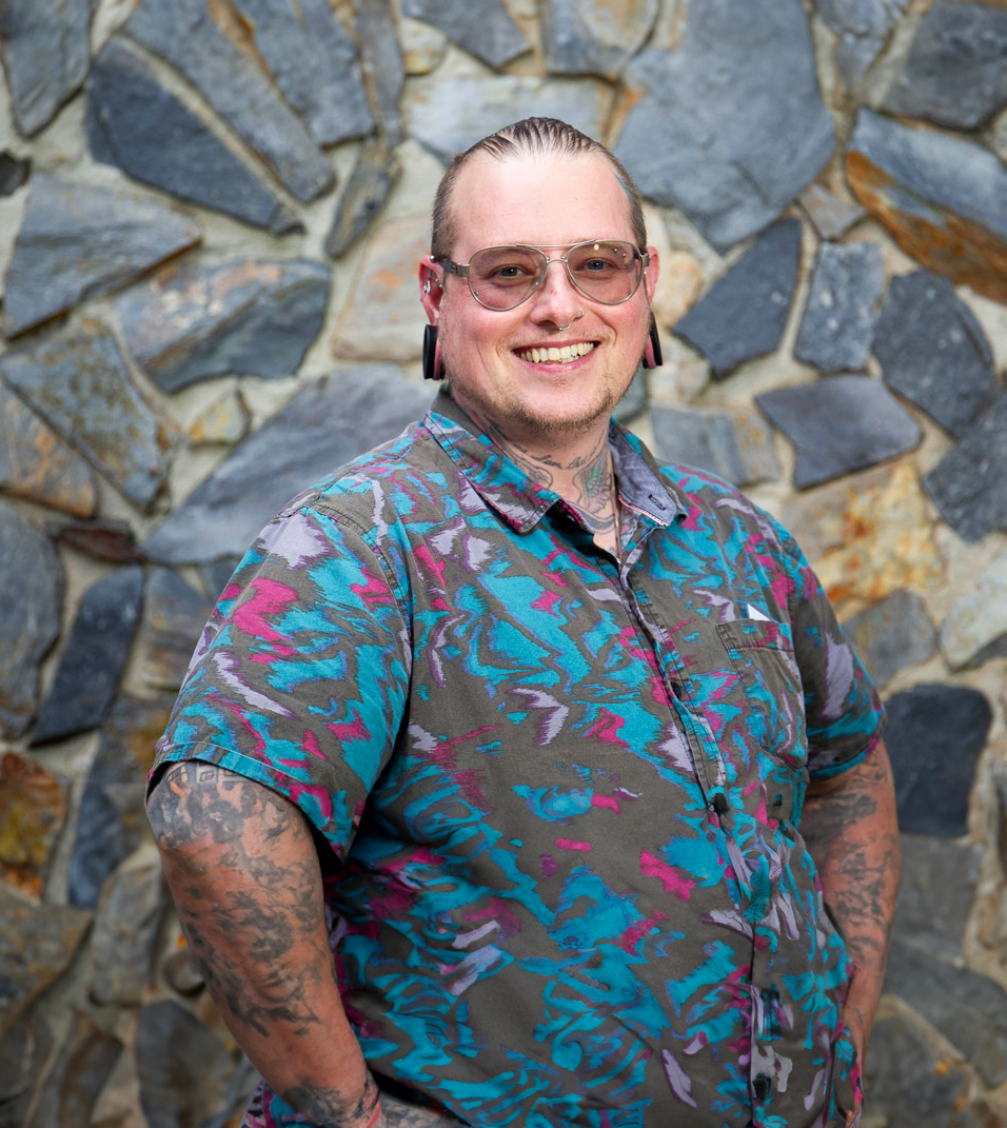

How to Become an Effective Ally for Historically Marginalized Communities
Learning Objectives
Upon completion of this comprehensive and engaging course, you will be able to:
- Define allyship and review the peer-reviewed research literature in support of it
- List the 4 levels of allyship and discuss effective strategies to implement each
- Explain how to be an effective ally in higher education (incl. in research, teaching, mentoring, and university policy contexts)
- Describe the 7 key allyship styles and provide examples of their effective behaviors
- Identify your own privilege and address the 4 key types of oppression
Instructor

Angel Collie (he/him/his) serves as the Assistant Director of the Center for Sexual and Gender Diversity at Duke University, having previously served as the Assistant Director of the LGBTQ Center at the University of North Carolina at Chapel Hill. Angel is currently enrolled in the Doctor of Ministry program at Duke Divinity School where he focuses on providing spiritual and pastoral care within queer and trans communities. In addition to his professional and academic work, Angel serves on Duke’s Center for LGBTQ and Gender Studies Transgender Roundtable, as the secretary for The Freedom Center for Social Justice board, on the Church Council at United Church of Chapel Hill and is co-faculty for the Transgender Seminarian Leadership Cohort. He previously completed his Master’s in Divinity from Yale Divinity School as well as his BA in Religious Studies with minors in both Women’s Studies and Sexuality Studies from UNC Chapel Hill. As a trans man, himself, Angel is a passionate and popular trainer on topics related to supporting and empowering members of the LGBTQ community as well as allies.


